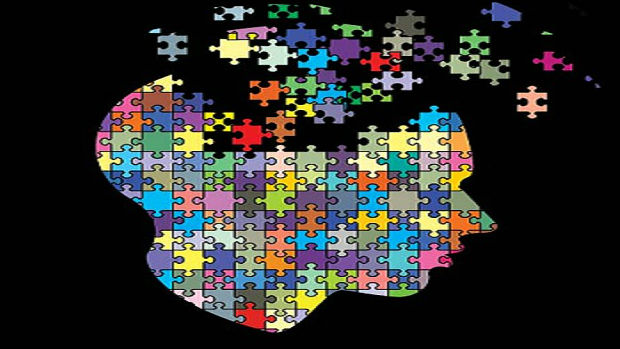Introducing the World in Mind: A New Blog at Big Think

“Do you think we should get our brains scanned before getting married?” a friend asked me as we browsed a crowded department store, selecting important items for her bridal registry. At first I thought I must have misheard her. She threw the question out much in the way she might have asked how many bridesmaids are too many, or if she should bother registering for two sets of fine china in this economic climate.
“Where did that come from?” I replied.
After reading an advance copy of my book, DIRTY MINDS: HOW OUR BRAINS INFLUENCE LOVE, SEX AND RELATIONSHIPS (Free Press, 2012), my newly engaged friend came across an old LiveScience piece online entitled, “Brain Scans Could Reveal If Your Relationship Will Last.” As a woman about to walk down the aisle (and ask her friends and family to invest in some seriously overpriced sheets and crockware sets), she wanted to know if I thought it was legit. Perhaps, one day in the not-too-distant-future, couples like her and her fiancé would be registering for fMRI scanning sessions along with table settings for 8.
It’s not an outrageous question. Technology and science have now advanced to the point that disciplines like biology, genetics, epidemiology, evolutionary science, psychology, philosophy, computer science, and medicine have converged into the catchall field of neuroscience. More and more, neuroscientists are demonstrating that the brain is behavior—the two simply cannot be teased apart. These advances allow researchers to use science to view even the most complex of human behaviors—including love, free will, morality and parenting—through an entirely new lens.
It would be one thing if these studies stayed in the laboratory. But neuroscience has reach far beyond the Ivory Tower. Today, findings are not only influencing public policy but the way we now think about our day-to-day lives. We want advice and direction, whether it’s about the best way to parent our children, at what age it is ethical to execute deadly criminals or, yes, even whether a marriage license should also require some biological proof of commitment, backed by cold, hard science. More often than not, society is now looking for answers to a lot of those big universal questions about life, love and the rest of it, in genetic profiles, cell cultures and brain scanners.
My name is Kayt Sukel. I am a passionate explorer and science writer—and, admittedly, a bit of a brain nerd. I’m also a single mother, a political junkie, Kindle addict, world traveler and natural born skeptic. WORLD IN MIND will discuss the latest neuroscientific studies—the ones that are popping up in headlines, think tanks and courtrooms across the country—to discuss what the results really mean and how they might be applied, both today and in the future.
Going back to marriages and brain scans, I told my friend that, at this point, she’d probably get just as much out of flipping a coin as she would from any neuroimaging results. There’s no definite proof of love—yet. I knew before I answered that it wasn’t quite the answer she was looking for. But I won’t apologize. It’s likely that many of my posts will elicit as many questions as they do answers (if not more). But they are the kind of questions that will help us to learn more about how our minds act in the world, while still keeping the world in mind. I hope you’ll join me and ask a few questions of your own.





